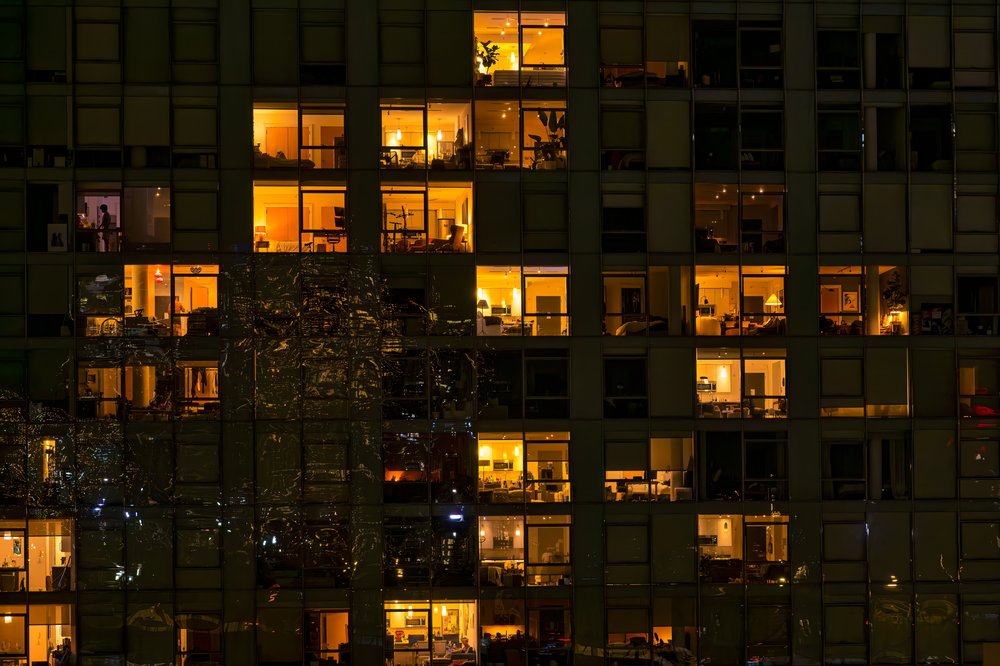Get ready for bigger bills: National Grid rates go up again April 1
March 20, 2025, 5:30 a.m.
Gov. Hochul has opposed a bill to create a "utility consumer advocate" that some legislators argue would do more to protect ratepayers.

National Grid customers in New York City will start paying about $8-$10 more for their gas bills starting on April 1.
If it feels like your rates just went up … they did. Under already-approved rate hikes, the average National Grid customer in Queens, Brooklyn and Staten Island saw a bill increase of $30.18 last September, a hike of 19.4% at the time. In addition to going up $9.61 in April of this year (for another 5.1%), bills will increase an average of $22.09 again in April 2026 (11.1%).
Rates for Long Island and Rockaway Peninsula residences went up $33.35 in September (22.3%), and are set to increase another $8.19 next month (4.4%) and then another $18.81 in April 2026 (9.7%).
Those figures, which affect utility customers in Queens, Brooklyn and Staten Island, were noted in reports released by U.S. Rep. Richie Torres this week to argue that Gov. Kathy Hochul should do more to rein in utility companies and support oversight measure she has previously blocked. Torres, a Bronx Democrat, is considering challenging Hochul in 2026's primary.
“The extent of the increases is shocking to the conscience,” Torres said in an interview. “Most working-class and middle-class New Yorkers cannot afford a nearly 40% rate hike.”
By the end of the three years of rate hikes, the typical customer in Queens, Brooklyn and Staten Island will have paid $1,431 more in utilities than they would have without the rate hikes, Torres’ report notes.
“These double-digit increases are unaffordable and unsustainable, and the compounding effect of rate increase upon rate increase is making New York unaffordable to working people,” he said. His report on the Queens, Brooklyn and Staten Island rates points to a $61.88 monthly bill increase — or 39.4% — compared to before the rate increases.
New York's Public Service Commission, which regulates the state's utilities industry and whose members are appointed by the governor, approves the rates on a three-year cycle. Torres argues that although Hochul has publicly advocated for utility affordability, she hasn’t used her influence over the commission to rein in rates.
He points out that Hochul has repeatedly vetoed versions of a bill to create a utility consumer advocate — a position he described as having “the authority to issue subpoenas, conduct investigations and initiate litigation” to protect consumers. In notes accompanying her vetoes, Hochul points to existing mechanisms, like the state’s Division of Consumer Protection Utility Intervention Unit. She's said the advocate role would either be redundant or require that unit to relinquish some of its power.
"While the Governor agrees with the intent of the legislation — protecting residential utility consumers — this action would expend significant state resources to establish a new and redundant state entity that would be duplicative as the State already has the Office of Consumer Services within the Department of Public Service dedicated to that service," said Paul DeMichele, a spokesperson for Hochul.
Hochul has also signed legislation requiring at least one member of the Public Service Commission to have experience in utility consumer advocacy.
But Torres and other proponents of a consumer advocate role — which past governors have also vetoed — argue the Division of Consumer Protection Utility Intervention Unit lacks teeth. In a 2022 statement, Assemblymember Jeffrey Dinowitz, whose bill Hochul shot down, described the Department of Public Service referring customers with concerns about Con Edison bill spikes to assistance programs or deferred payment agreements, instead of giving them any indication it was tracking and investigating complaints.
The latest version of the bill is currently in committee in both houses of the state Legislature.
Torres said utilities have armies of lawyers and lobbyists advocating for them at the Public Service Commission, but customers “have nothing remotely comparable.” He’s also advocating for bills that would authorize state reimbursement for advocates who represent consumers before the Public Service Commission and that would have the commission crunch numbers to set utilities’ approved profits, rather than have the utilities propose rates the commission approves.
The National Grid rate increases come as Con Edison is proposing to raise electric bills by an average of 11.4% and gas bills by 13.3% starting on Jan. 1, 2026, which Hochul has said she opposes.
Neither Hochul’s office nor National Grid returned requests for comment on Torres’ report and remarks.
This story has been updated with comment from Gov. Kathy Hochul's office.
Con Ed floats a double-digit hike in NYC's utility rates amid soaring energy costs